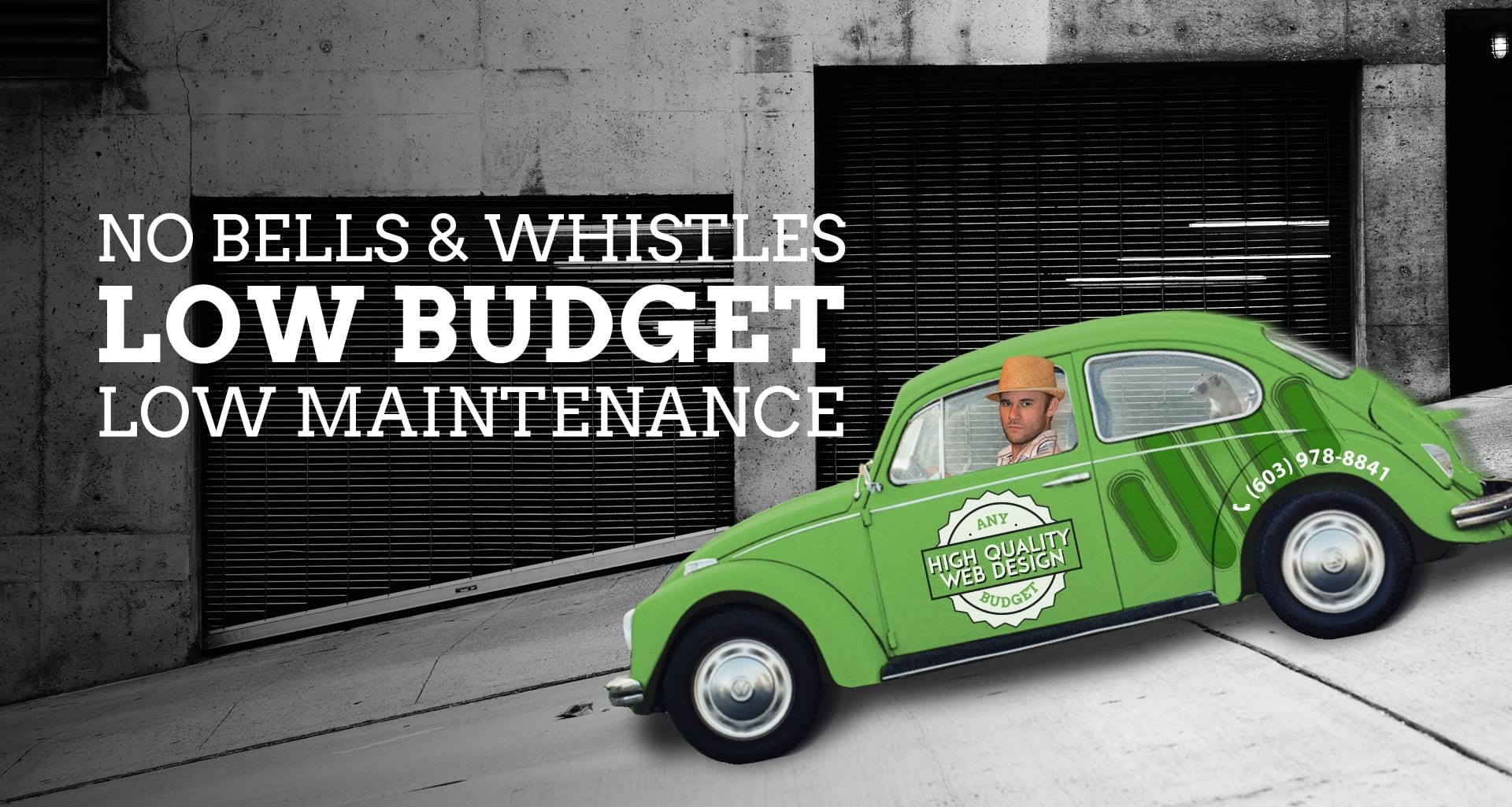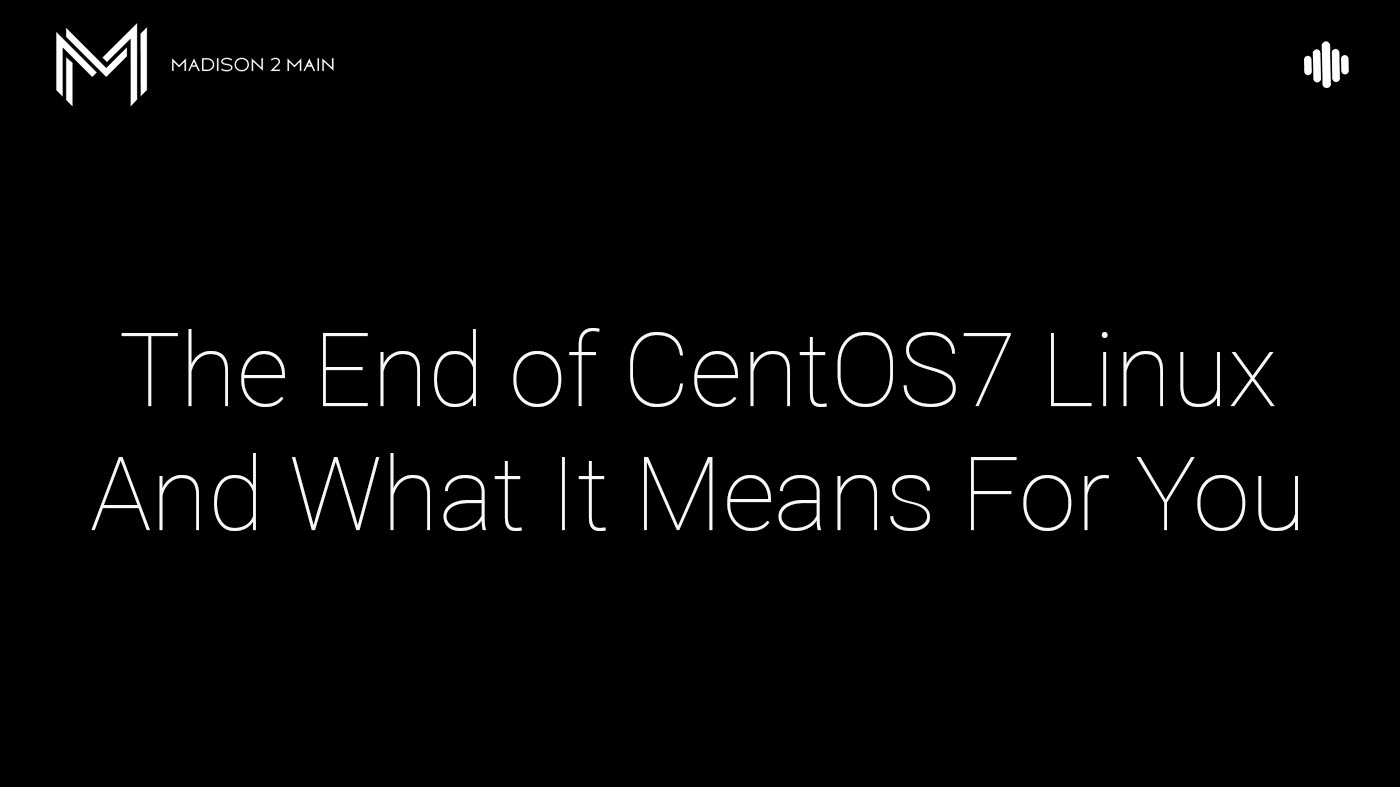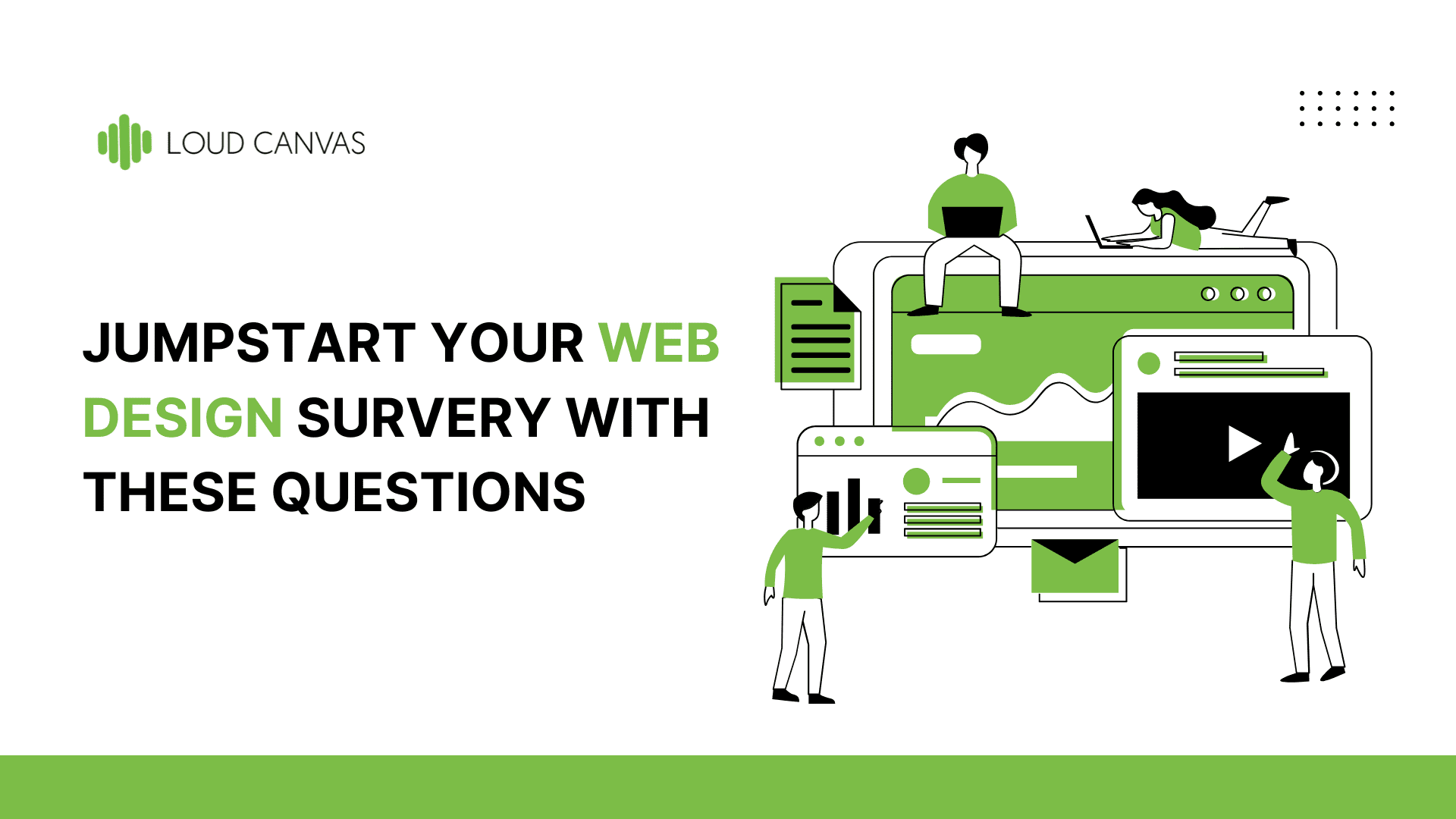I WANT ZERO CAR PROBLEMS. I paid for the car so now vehicle costs are a thing of the past, right?
Wrong.
As a web developer/programmer, I’m often asked (more than often quite angrily) “Why did my website break and why aren’t you fixing it for free?! Didn’t I pay you to create a quality and perpetually bug-free product???”
This sums up in a nutshell a misalignment and tragic miscommunication between business/website owner and web developer/webmaster. One that unfortunately should have been better explained to the client from the very beginning of developing their site.
What the client doesn’t understand is simply this: a website is exactly like a car.
BREAKDOWN: A Car vs a Website…
You heard me right. Like a normal vehicle you drive everyday to get to work. Maybe you drive a Toyota Prius; maybe you drive an Escalade. Maybe an SUV, a minivan, or a truck with a hemi. But the gist is this: whatever car you drive has several basic characteristics. And these are all essentially the same as a website for your business. They are as follows:
1) Your car cost you a certain amount of money when you bought it (“initial investment”)
 This was your “up front cost” for the purchase. Same for a website; and depending on how many “bells and whistles” your vehicle has it probably cost more or less. If you elected for the “luxury package” you probably paid extra for power windows/doors, in-dash GPS/navigation, and a high-fi stereo.
This was your “up front cost” for the purchase. Same for a website; and depending on how many “bells and whistles” your vehicle has it probably cost more or less. If you elected for the “luxury package” you probably paid extra for power windows/doors, in-dash GPS/navigation, and a high-fi stereo.
If you did the same for your website it probably means you went with integrated e-commerce w/SSL, myriad of 3rd party integrations, and/or functionality which had to be custom built for your specific needs. Like a car, the site could have been cheap (2-3K) or “souped-up” (40K+) depending on your requirements.
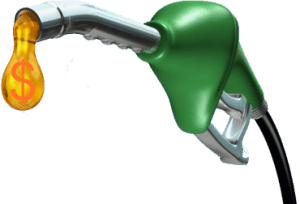 2) Your car requires gas to keep running (“fuel costs”)
2) Your car requires gas to keep running (“fuel costs”)
Your website is no different. The “fuel” in this analogy though is website hosting services enabling the website to stay online and render pages to hundreds, thousands, or even millions of users. And/or you may have to shell out a few additional bucks to pay for integrated paid WP plugins or other licenses required to run your site. But brass tacks: it costs some amount money each day simply to keep a website online—just as it costs dollars to put gas in your tank when you drive.
3) Your car takes a certain amount of money to up-keep / maintain (“support costs”)
This is the crux of this article so pay close attention now! If you own a car the notion of having to pay for things like break pads, new wiper blades, oil changes, new tires, etc is all part of the “car ownership experience.” You know you need to maintain your vehicle and keep all parts in good, working condition in order to keep driving.
If 18 months after buying a car and driving it across the country you were to roll into your dealer’s shop, and angrily exclaim, “I didn’t budget for new tires and break rotors. So let’s get me back on the road snap snap…oh, and make sure you service my car for free” he would look at you as if you had two heads, right?
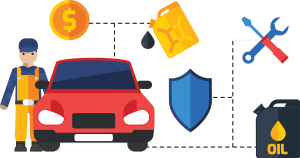 Unfortunately this is exactly the way many business owners feel about their website when they learn they should have budgeted for regular repairs and web maintenance along the way.
Unfortunately this is exactly the way many business owners feel about their website when they learn they should have budgeted for regular repairs and web maintenance along the way.
Routine web support/fixes do not necessarily have to be handled weekly, monthly, or even annually. But if you don’t take the time to “change the oil” for your website per se (e.g. upgrade plugins, patch noted security vulnerabilities, etc) it might break down and fail you just as your car would. Because websites, just as cars, have a lot of moving pieces; so unless your site is in complete isolation with all other systems, it will need upgrades and maintenance occasionally. Likely every couple years…for larger sites maybe every couple months!
Think of it this way. An average website today connects to over 6 different third-party systems or external resources on one page load. A large site could easily connect to 30+. That may be to CDNs ensuring site assets like jQuery load quickly for improved performance. It may be to a CMS backend like WordPress, which is updated almost by-weekly for security purposes. It may be to various APIs, such as Google Maps, Authorize.net, or any other integration you might leverage. The point is that any individual ‘touch-point’ with another system means a potential for breakage and thus susceptible to regular upgrades/maintenance requirements in order to ensure efficient site load and/or security compliance. And this doesn’t even count the potential for the main architecture of the web (i.e. HTML and CSS) to change and morph over time—which it often does and will continue to do.
Size and Complexity Matter!
Lastly, the size and “capacity” of your vehicle will determine the costs for both points #2 and #3 above. If you have a real lightweight car and don’t drive it a lot, it’s fair to assume it won’t need a lot of service and you won’t require a ton of money to put gas in the tank. Likewise, if you own a Hummer and you take it on long interstate trips: you’ll have a hearty gas bill and probably spend many thousands of dollars in maintenance every year. Similarly, if you own a specialty or “custom built” car, it’s very likely the parts needed to repair and service your vehicle will be in rare demand and exceedingly expensive.
These same principals apply also to a website. The size of your site and its complexity will dictate the budget you need to allocate to its annual hosting, security, and regular maintenance/up-keep. And the degree in which your site is “custom-fashioned” to your specific business model/requirements will also determine additional costs to support it.
As a matter of practicality and extension of the metaphor, below are some specific real world examples to consider:
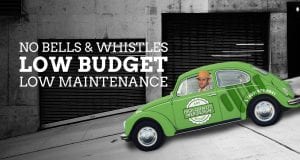 A) “Ford Pinto” Website
A) “Ford Pinto” Website
A basic HTML/CSS (static) website. Website hosting costs = minimal. Maintenance costs = minimal/none.
B) “Toyota Prius” Website
A dynamic database-driven website with WordPress or other viable open-source CMS. Website hosting costs = low. Maintenance costs = low/medium.
C) “Cadillac Escalade” Website
An e-commerce-centric site, with installed software such as WooCommerce, Magento, etc. Website hosting costs = medium. Maintenance costs = medium/high.
D) “BMW M5” Website
A custom-built web application with proprietary functionality, over-architected CMS software, API(s), webcams, and/or complex logic. Website hosting costs = medium. Maintenance costs = high.
E) “Aston Martin Vulcan” Website
Any option listed above with Enterprise-level needs and/or multiple environments required and/or large bandwidth/user requirements. Website hosting costs = high/very high. Maintenance costs = very high.
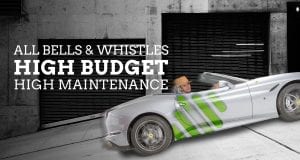
Conclusion
This article is a high-level guide, but hopefully helps showcase in broad-strokes the “car analogy” in terms as it relates to maintaining a website.
Remember: after the initial investment of designing/building your site is behind you, you must also budget for regular up-keep and support—utilizing an appropriate budget consistent with the size and complexity of your website. If you fail to do so, you are not fully realizing the true cost of ownership of your asset. The risk to you is hitting a few speed bumps and getting stuck with a sizable repair bill down the road you didn’t anticipate.
